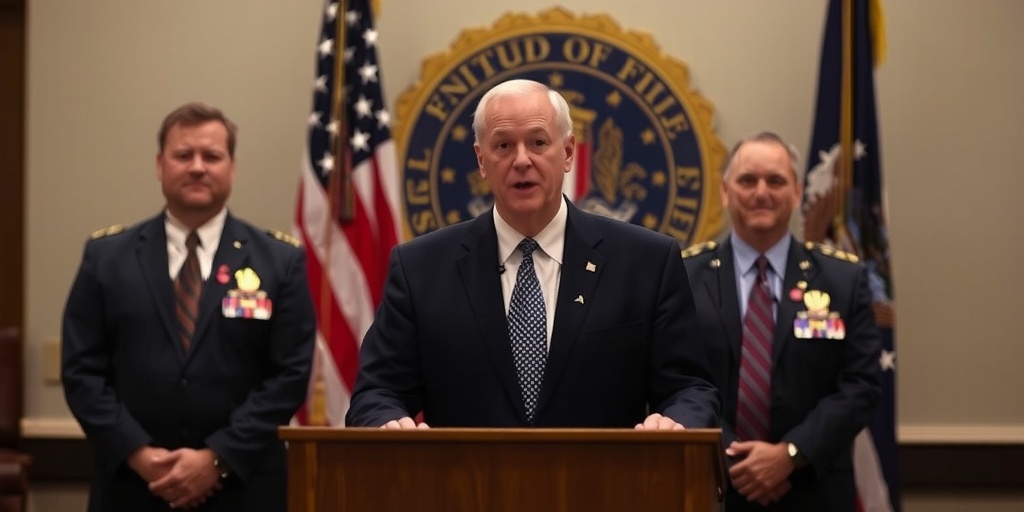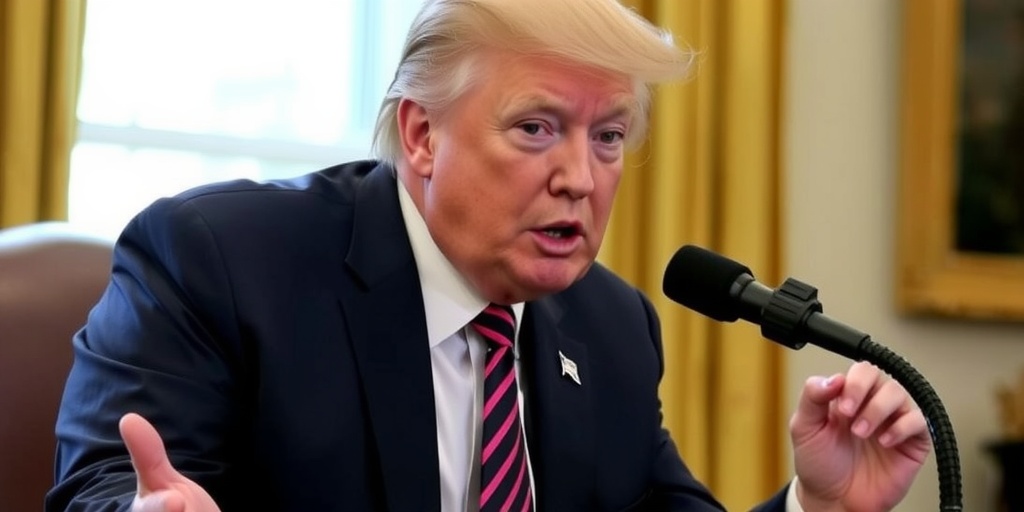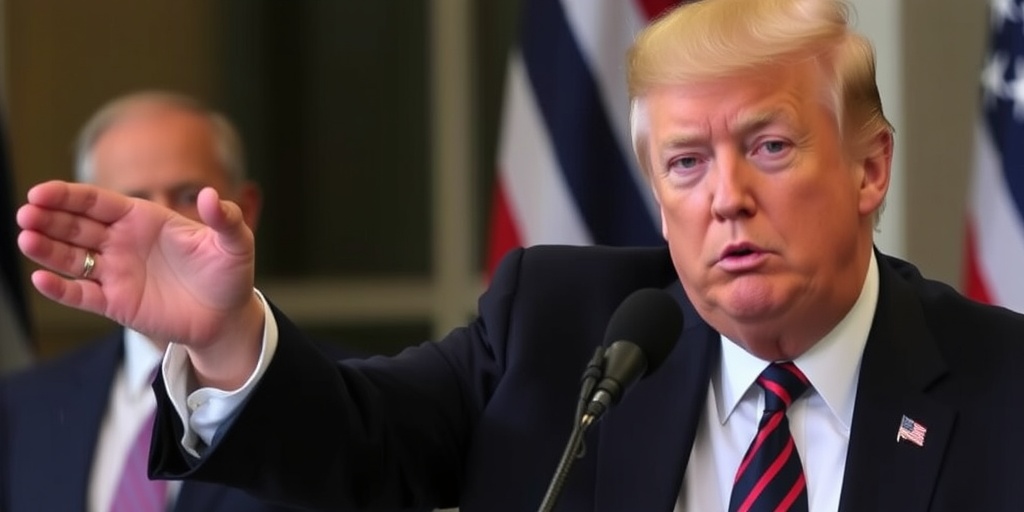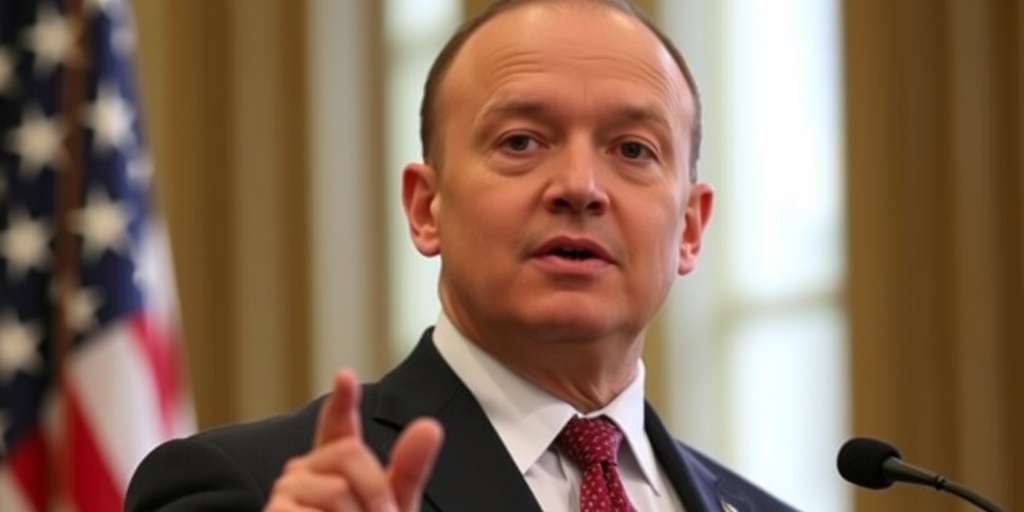Now Reading: Elon Musk Faces Lawsuit Over Pennsylvania Signature Payments
-
01
Elon Musk Faces Lawsuit Over Pennsylvania Signature Payments
Elon Musk Faces Lawsuit Over Pennsylvania Signature Payments
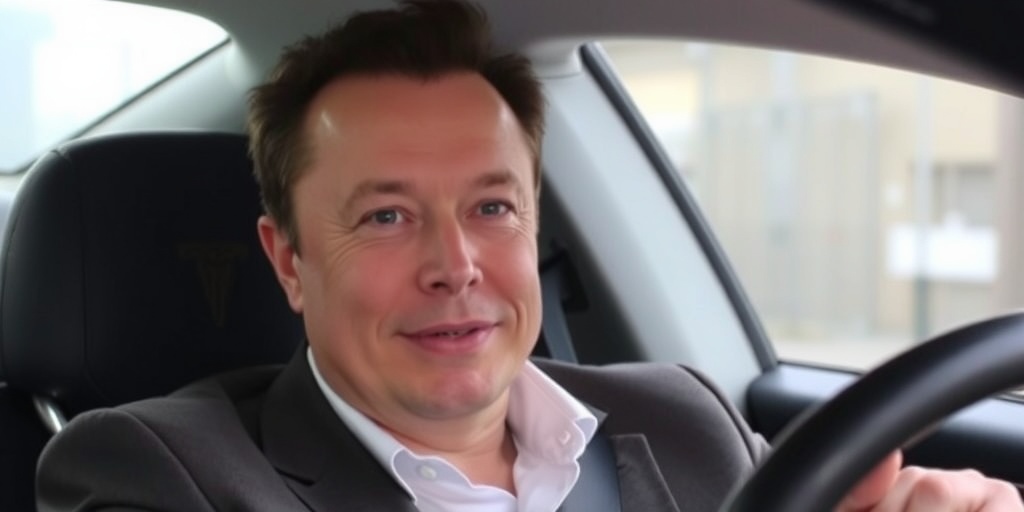
Elon Musk Faces Legal Action Over Promised Payments in Pennsylvania Petition Campaign
During the bustling period leading up to the 2024 presidential election, Elon Musk, the billionaire entrepreneur, made headlines across the nation with bold promises aimed at engaging voters in Pennsylvania. Specifically, Musk offered a $100 reward to residents who signed a petition advocating for free speech and gun ownership rights. In a bid to amplify participation, he also introduced a referral program whereby individuals could earn $47 for successfully recruiting others to sign the petition. As Election Day approached, Musk increased the compensation for both signatories and referrers to $100.
However, this initiative has now turned into a legal matter. A canvasser employed by Musk’s political action committee, America PAC, has filed a lawsuit against the tech mogul, claiming he was owed $20,000 for signatures he gathered on behalf of the petition. The individual, who has chosen to remain anonymous and is referred to in the lawsuit as John Doe, alleges that Musk breached their contractual agreement and failed to fulfill his promise of payment by the stipulated deadline of November 30.
The lawsuit, which was filed as a class action in the U.S. District Court for the Eastern District of Pennsylvania, has the potential to involve many more plaintiffs. Workers who joined the canvassing efforts or those who signed the petition could also seek compensation through this legal action. The class action status could enable a collective fight for compensation, suggesting that Musk’s promises may not have been honored across the board.
In response to the allegations, representatives for Musk and America PAC have yet to issue a formal statement. However, the super PAC asserts on its website that it has fulfilled the majority of payment obligations owed to petition signers. They maintain that they have already distributed most of the checks intended for eligible petition signers and referrers, emphasizing that a delay in payment does not necessarily imply that individuals will not receive their due compensation.
This legal challenge arrives at a notable moment, considering Musk’s controversial strategies to appeal to voters. His payout commitments were part of a larger strategy to leverage his financial influence leading into the election. As the campaign entered its final stretch, the billionaire intensified his efforts by announcing a daily giveaway of $1 million, intended to incentivize participation further. However, this initiative drew scrutiny from Philadelphia’s district attorney, who asserted that the giveaway constituted an illegal lottery. Nevertheless, a judge ruled in favor of Musk, allowing the contest to proceed based on arguments that winners would not be chosen randomly but would be selected based on personal stories and suitability for receiving the payment.
Moreover, Musk has continued to wield his financial prowess to rally support for conservative causes even beyond Pennsylvania. During a recent visit to Wisconsin, he distributed two checks worth $1 million each to local voters who participated in signing a petition for a conservative candidate running for the state’s Supreme Court. This move stirred further conversations about the ethical implications of using monetary rewards in political activism.
In the past, Musk’s engagement in political matters has often sparked debates about the intersection of wealth and democracy. His substantial financial contributions to various causes, particularly those aligned with conservative values, have led some to question the true impact of such financial incentives on voter behavior and the overall democratic process. Critics argue that these practices may undermine the integrity of political engagement, while supporters view them as innovative strategies to mobilize voter participation.
The ongoing legal disputes surrounding Musk’s America PAC and its payment promises could have significant implications not only for the individuals involved but also for the broader landscape of political campaigning in the United States. As the case unfolds, it will likely attract attention from both legal analysts and political observers keen to understand how financial incentives will shape future electoral dynamics.
As the lawsuit develops, it remains to be seen how America PAC will respond and whether additional plaintiffs will step forward to join John Doe in seeking accountability from Musk for the alleged breach of contract. With the political landscape evolving rapidly as the 2024 election approaches, the repercussions of this case could resonate well beyond Pennsylvania, potentially reshaping how future campaigns are conducted and financed.
Stay Informed With the Latest & Most Important News
Previous Post
Next Post
-
 01New technology breakthrough has everyone talking right now
01New technology breakthrough has everyone talking right now -
 02Unbelievable life hack everyone needs to try today
02Unbelievable life hack everyone needs to try today -
 03Fascinating discovery found buried deep beneath the ocean
03Fascinating discovery found buried deep beneath the ocean -
 04Man invents genius device that solves everyday problems
04Man invents genius device that solves everyday problems -
 05Shocking discovery that changes what we know forever
05Shocking discovery that changes what we know forever -
 06Internet goes wild over celebrity’s unexpected fashion choice
06Internet goes wild over celebrity’s unexpected fashion choice -
 07Rare animal sighting stuns scientists and wildlife lovers
07Rare animal sighting stuns scientists and wildlife lovers













